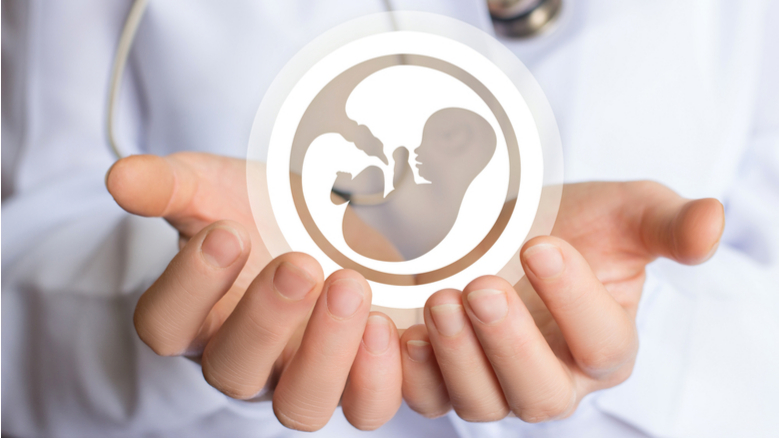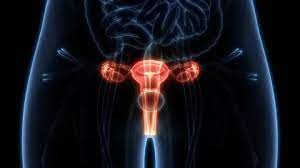
Introduction
Fertility is a deeply personal and often emotional topic for many women. For some, getting pregnant happens quickly and naturally. For others, it can become a journey filled with confusion, frustration, and concern. If you’ve been trying to conceive without success, it may be time to understand what fertility issues look like—and when to consult a specialist.
This guide breaks down the common causes of female infertility, signs to watch for, and when it’s best to seek professional help.
What Is Female Infertility?
Infertility is defined as the inability to conceive after 12 months of regular, unprotected sex (or after 6 months if you’re over 35). It affects about 1 in 6 couples, and in roughly 40–50% of cases, female factors are involved either alone or in combination with male factors.
Common Causes of Fertility Issues in Women
1. Ovulation Disorders
Conditions where the ovaries don’t release eggs regularly.
- Polycystic Ovary Syndrome (PCOS)
- Thyroid problems (hypothyroidism or hyperthyroidism)
- Premature ovarian failure (early menopause)
2. Fallopian Tube Damage or Blockage
Often caused by:
- Pelvic inflammatory disease (PID)
- Previous ectopic pregnancy
- Endometriosis
- Past surgeries or infections
3. Endometriosis
A condition where tissue similar to the uterine lining grows outside the uterus, affecting the ovaries, fallopian tubes, and uterus.
4. Uterine or Cervical Abnormalities
- Fibroids
- Polyps
- Congenital abnormalities
- Cervical stenosis
5. Age
Female fertility declines significantly after age 35 due to a drop in both egg quality and quantity.
6. Lifestyle Factors
- Smoking
- Excessive alcohol or caffeine
- Poor nutrition
- Stress
- Being overweight or underweight
Signs You May Have Fertility Issues
If you’re experiencing the following symptoms, it may signal an underlying fertility problem:
| Symptom | Possible Indication |
|---|---|
| Irregular or missed periods | Ovulation issues, PCOS |
| Very painful periods | Endometriosis |
| No periods at all | Hormonal imbalance |
| Recurrent miscarriages | Uterine abnormalities or genetic issues |
| Unusual vaginal discharge or pain | Pelvic infections or PID |
| Being over 35 and unable to conceive within 6 months | Age-related fertility decline |
When to See a Fertility Specialist
It’s time to consult a reproductive specialist or OB/GYN if:
1. You’re Under 35 and Haven’t Conceived After 12 Months
Regular, unprotected sex with no success after a year warrants a medical evaluation.
2. You’re Over 35 and Haven’t Conceived After 6 Months
Because fertility declines with age, earlier intervention is recommended.
3. You Have a Known Reproductive Health Condition
If you’ve been diagnosed with PCOS, endometriosis, thyroid issues, or pelvic infections.
4. You’ve Had Multiple Miscarriages
A fertility doctor can help identify underlying causes and provide treatment options.
5. You’re Planning to Delay Pregnancy
Women in their late 20s to 30s may consider egg freezing or fertility preservation.
What to Expect at Your First Fertility Appointment
Your specialist will likely:
- Review your medical history
- Ask about your menstrual cycle and sexual activity
- Perform a physical or pelvic exam
- Order tests, including:
- Blood hormone levels
- Ovulation tracking
- Pelvic ultrasound
- Hysterosalpingography (to check fallopian tubes)
- Partner’s semen analysis
Available Treatment Options
Depending on the diagnosis, treatment options may include:
1. Lifestyle Changes
- Diet, exercise, quitting smoking, managing stress
2. Medications
- Clomiphene citrate (Clomid) – stimulates ovulation
- Metformin – for PCOS-related insulin resistance
- Hormone therapy – for thyroid or pituitary issues
3. Surgical Procedures
- Removing fibroids, endometriosis tissue, or blocked tubes
4. Assisted Reproductive Technologies (ART)
- Intrauterine insemination (IUI)
- In vitro fertilization (IVF)
- Intracytoplasmic sperm injection (ICSI)
- Donor eggs or embryos
Emotional Impact and Support
Fertility struggles can be emotionally draining. It’s important to:
- Talk openly with your partner
- Seek counseling or fertility support groups
- Understand that you’re not alone—many women face similar struggles
Conclusion
Fertility challenges are common and can be caused by a range of factors—from hormonal imbalances to structural issues or age. The key is to act early: if you’re concerned or have been trying without success, don’t wait too long to see a specialist. Today’s advanced treatments and supportive care options offer hope for many couples looking to build a family.
FAQs
1. Is infertility only a woman’s problem?
No. In 40–50% of cases, male factors contribute to infertility.
2. Can stress cause fertility issues?
Chronic stress may interfere with hormones, potentially impacting ovulation.
3. Is IVF the only option if I have fertility problems?
No. Many cases are treatable with lifestyle changes or medications before IVF is considered.
4. Can I get pregnant after 40?
Yes, but fertility declines significantly after 40, and egg quality is reduced, increasing the chance of complications.
5. What lifestyle changes can improve fertility?
Maintaining a healthy weight, quitting smoking, reducing alcohol, eating balanced meals, and managing stress all help.






